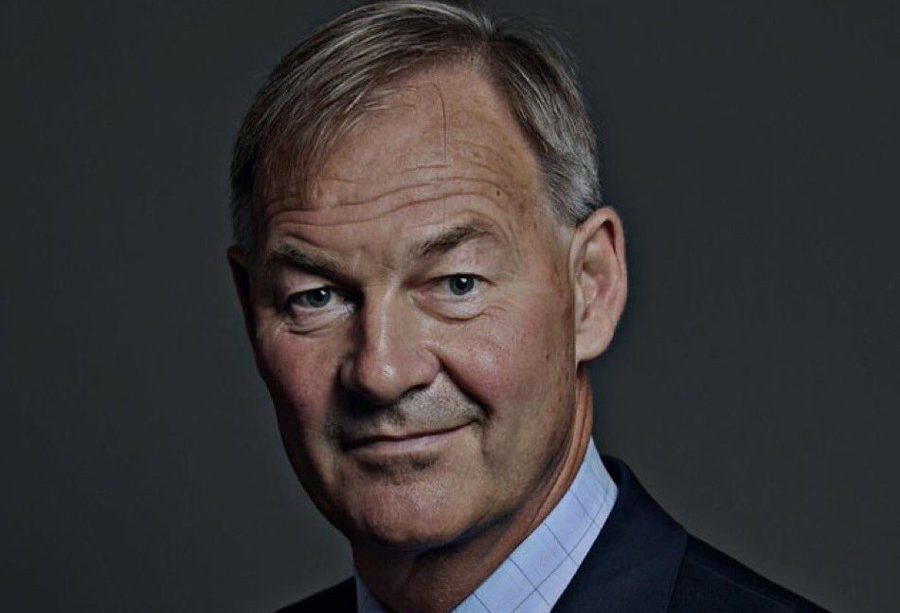Rupert Lowe: Influential Leader in Football Management

Introduction
Rupert Lowe has long been a prominent figure in English football, known for his distinctive leadership style and impactful contributions to sports management. His career, spanning various roles in football governance, serves as a point of interest for sports enthusiasts and industry professionals alike. As the football industry evolves, Lowe’s influence provides insights into effective leadership and the complexities of club management.
Career Overview
Beginning in the 1990s, Rupert Lowe came to prominence as the chairman of Southampton Football Club, a position he held from 1996 until 2004. Under his leadership, Southampton experienced significant changes, including the establishment of the club’s training facilities and youth academies. His push for innovation attracted both attention and controversy, as he sought to modernise and promote a progressive culture within the club.
Influence on Football Governance
After his tenure at Southampton, Lowe continued to advocate for change in football governance. His insights were sought after during discussions around new regulatory frameworks for clubs. Known for his forthright views, he has been an advocate for better financial management in football, especially in light of the economic challenges faced by clubs. His emphasis on sustainability resonates particularly well in discussions about the future of football finance.
Recent Developments in Lowes’ Career
In recent years, Rupert Lowe has taken on various consultancy roles and participated in advisory boards focused on sports management. He has been involved in discussions regarding youth player development and club financial health, demonstrating a commitment to nurturing future talent. Additionally, Lowe’s recent commentary on the need for transparency in football governance reflects a continuing high-profile status in the sport, especially as clubs aim for accountability in light of recent scandals.
Conclusion
Rupert Lowe’s career in football management exemplifies the significant role that effective leadership plays in shaping sports organisations. As football continues to face both regulatory challenges and opportunities for innovation, figures like Lowe remain essential in driving positive change. His experiences serve as valuable lessons for current and future leaders in the football industry, emphasising the importance of sustainable practices, youth development, and ethical governance. As we look to the future of English football, it is clear that Lowe’s influence will continue to be felt, inspiring a new generation of sports leaders.









